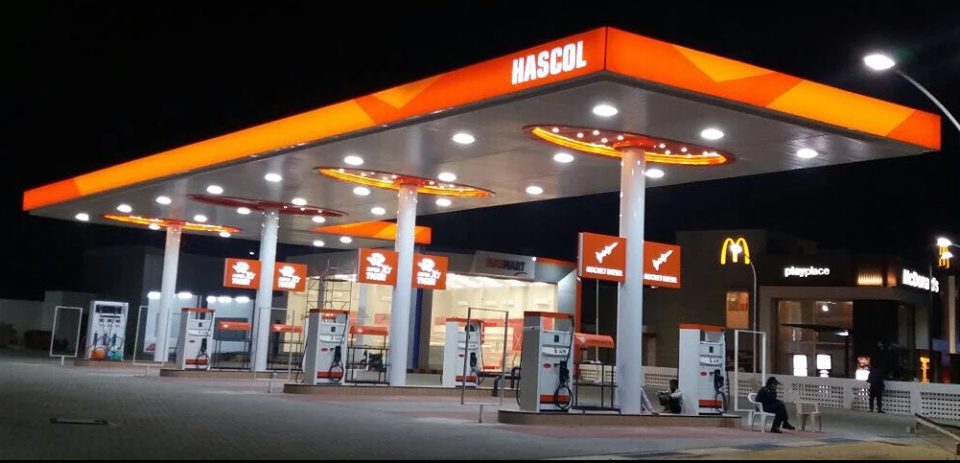Hascol proposes settlement of Rs54.5bln debt

KARACHI: For the first time since running into financial crisis, Hascol Petroleum Limited (HPL) and its major stakeholder Vitol, a Dutch trading giant, have offered settlement of Rs 54.5 billion worth of debt, owed to different banks.
Vitol, the world’s largest independent oil trading company, has the single largest shareholding in the oil company.
According to the official document, containing the proposal of the company for the settlement of the debt and circulated to various banks, the company has chalked out a detailed strategy in this regard. Total residual debt is Rs54.5 billion, out of which up to Rs9 billion will be provided by two banks jointly, marked as active working capital facility that will be carved out for operations of the company, the company said in the proposal document.
The remaining debt of Rs45.5 billion would be reduced by 15 percent i.e. Rs6.8 billion through a debt-equity swap to be offered to all remaining debt participants in proportion of their share, the document said. The unsubscribed portion would be offered to other lenders or would remain part of the residual debt, suggested the financial restructuring plan.
Under this plan, it has been proposed that right shares worth Rs8 billion would be issued by Hascol to inject fresh equity into the company. The document added that the resulting proceeds would be used to reduce the remaining debt of those participating Term Lenders that would agree to reinstate their working capital limits to the extent of their adjusted amount. Under the offer, Vitol would continue to provide minimum $12 million Open Credit facility and $15 million Hold Cover on Vitol purchases.
The company also proposed that payment of LC (letter of credit) term for the bank and Vitol facility would be the same as 60 days, whereas Vitol Dubai would maintain minimum shareholding of 40 percent in Hascol until at least 50 percent of the Residual Debt was repaid. Vitol, as a supplier would also support any shortfall in working capital until December 2026 and 40 percent of the Residual Debt repaid would be ploughed back upon each repayment into the working capital facility, to be regarded as incremental LC facility, the document said.
All product procurement would be done transparently on an arm’s length basis via tendering process, the proposal said, adding that however, award of shipments would always be subject to Vitol’s Last Right of Refusal (Vitol has the right to match the lowest offered price and supply the tendered oil) as agreed in the existing Supply Agreement between Vitol and Hascol.
Under this proposal, Hascol would sell its lube plant and three Port Qasim plots of land in 2022, while the sale proceeds would be injected in the company. The lube plant and underlying property has been estimated at a value of Rs1.5 billion by the company; however, valuation was yet to be conducted. Nevertheless, value of three plots at Port Qasim is estimated to be Rs1.309 billion.
Hascol suffered significant losses in 2019, which were then declared in the company’s financial statements. These losses were mainly related to foreign exchange and interest rate risk and extreme volatility in international oil prices, which affected Pakistan’s oil marketing industry.




